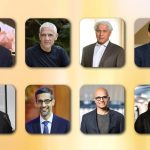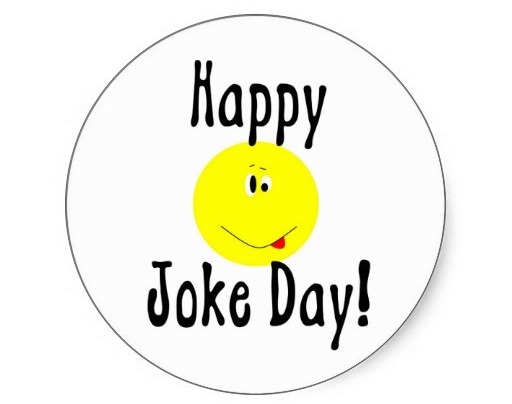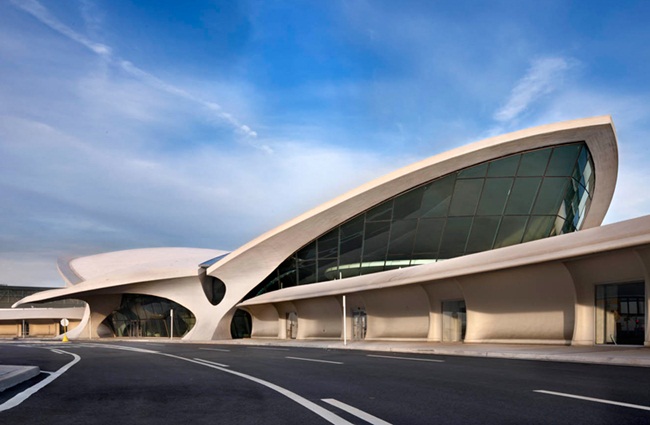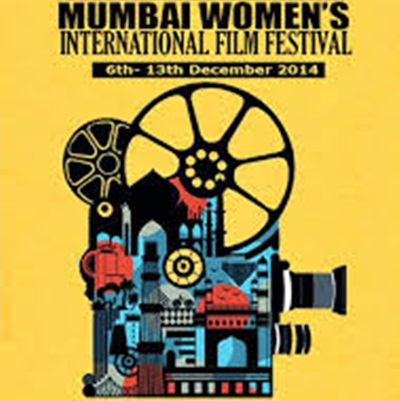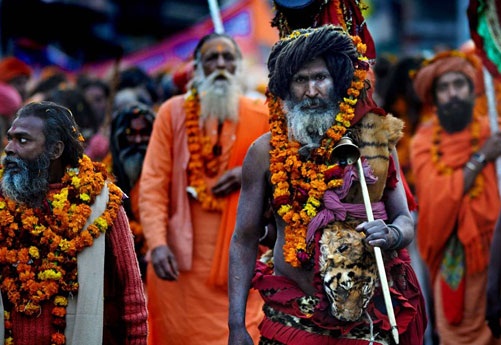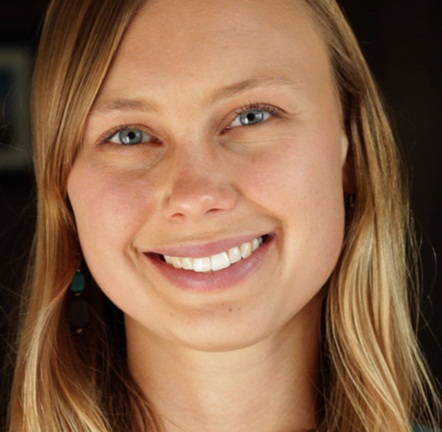 “A woman for women” is the right phrase to describe who and what Jaime Jacobsen is. Jaime Jacobsen, an independent filmmaker, is one of the American women directors whose documentary films have been selected for the Indian premiere at Mumbai Women’s International Film Festival this year. A conscientious filmmaker, she exposes contemporary social issues like gender inequality and injustice to women through her camera. She regards filmmaking as a powerful medium to encourage women and tell their stories of bravery, struggle & dreams. An Assistant Professor of Media Studies, Jaime Jacobsen has several impactful films – The Water Carriers, Homefront: United or Divided, Montana Fare, and Indian Relay – to her credit. Indian Eagle catches up with Jaime Jacobsen to share with you her purpose behind the making of Finding Traction, her view of solo travel for women, her thought of cinema, and her wish to work in India. Excerpts from the interview are as follows:
“A woman for women” is the right phrase to describe who and what Jaime Jacobsen is. Jaime Jacobsen, an independent filmmaker, is one of the American women directors whose documentary films have been selected for the Indian premiere at Mumbai Women’s International Film Festival this year. A conscientious filmmaker, she exposes contemporary social issues like gender inequality and injustice to women through her camera. She regards filmmaking as a powerful medium to encourage women and tell their stories of bravery, struggle & dreams. An Assistant Professor of Media Studies, Jaime Jacobsen has several impactful films – The Water Carriers, Homefront: United or Divided, Montana Fare, and Indian Relay – to her credit. Indian Eagle catches up with Jaime Jacobsen to share with you her purpose behind the making of Finding Traction, her view of solo travel for women, her thought of cinema, and her wish to work in India. Excerpts from the interview are as follows:
Your documentary film Finding Traction will be screened at Mumbai Women’s International Film Festival for the first time. What do you think of MWIFF?
I am thrilled that Finding Traction will be screened at MWIFF. On behalf of our entire film team, I want to thank the jury and festival organizers for the incredible opportunity to share our film with the audience in Mumbai and India at large. I really love that the festival has put together such an incredible line up of films that showcase stories made for, by, and about women in diverse communities across the world. I only wish I could travel to India and attend the fest! I think that audiences at MWIFF will really be inspired by Nikki’s story in Finding Traction. From what I hear, the sport of ultra running is really taking off in India now, and I know Nikki has a lot of fans there after she won the “Run the Rann 101km Ultra” back in March 2014. A big Thank goes out to MWIFF for providing us with the opportunity to share this inspiring film with an Indian audience.
Finding Traction is an inspirational story of human spirit against difficulties and challenges, which you have depicted through the portrayal of Nikki, an ambitious runner, and her relentless quest to become the fastest runner in the history of America by running Vermont’s 273-mile long Trail. What made you feel connected with Nikki and take on her real-life story as a documentary?
In some ways the entire project surrounding Finding Traction was an effort to understand the motivation and psyche of this elite athlete (Nikki Kimball). I myself am not an ultra-runner. I’m a swimmer, and I spent much of my childhood and teenage years in swimming pools. Usually a three-hour swim team practice was enough for me! So when I first met Nikki back in 2011, and learned about her plan to spend four and a half days trying to break a speed record on America’s oldest hiking trail, my response was a mix of inspiration and curiosity. Her quest sounded amazing (and daunting!), and I wanted to know more about what was driving her to attempt such an incredible feat. I’ve always admired Nikki for her athletic accomplishments, but as I got to know her over the course of this project, I really came to respect her for her quest to inspire other people to lead a healthy life and to reach their full potential. I also discovered that Nikki and I shared a common passion for raising awareness of struggle for gender equity and promoting women’s rights. I’ll never forget how Nikki told me in one of the first interviews we filmed, “Just because I have ovaries I’m not getting the media attention.” I knew in that moment that I had to make a film about this woman!
You have been honored with several prestigious awards for meaningful and experiential filmmaking. Would you like to share how filmmaking happened to you?
When I think back to the first mentor and teacher who influenced my career as an independent filmmaker, images of frigid darkness, blowing snow, and early morning production meetings over cafe mochas with my stepfather Dan inevitably come to mind. It was January 2004, and Dan gave an amazing opportunity to work on a documentary film for the Old Harbor Native Corporation. Several days prior, we had flown up to Kodiak Island and spent two weeks in the Alaskan archipelago at the start of the New Year capturing images of the life, history and culture of the Alvtiiq people. Despite the fact that I had very little hands-on experience with film production at that point in my career, Dan was willing to invest in my energy, enthusiasm and artistic eye, and that really meant a lot. As a child growing up, I never knew what I wanted to be. One day it was a writer, the next it was an artist, and the third it was a marine biologist. Dan really encouraged me to pursue filmmaking as a career and told me it was something I could be really good at if I set my heart and mind to it. It has turned out to be a wonderful way to bring my diverse interests together and while also raising awareness about social, environmental and humanitarian issues that I care deeply about.
Your documentaries have a message about society, environment, humanity, women empowerment, gender equity, social justice, etc. for the audience. What is your mission as a filmmaker?
For me, documentary filmmaking is about finding people who intrigue and inspire us, and who have a fascinating story to tell. These individuals challenge us to ask bigger questions about the world and our place in it. One of my personal goals as a filmmaker is to use film to cultivate conversations about the pressing issues of our times. My films explore the intersection of race, class and gender, and focus on bridging differences to engage the public in critical social issues. As a white American woman coming from a position of privilege and power, I work to bridge my documentary work with the global community, and focus on connecting intimately with the communities I’m documenting. I also teaching filmmaking at the college level in addition to my producing and directing work. As an educator, I am interested in empowering the next generation of artists, leaders and global citizens to use film as a medium to foster engagement and to promote cross-cultural understanding. I love my job and I feel incredibly fortunate to be working in this role.
Traveling is an empowering experience that gives new perspectives of life beyond limits. Do you think that women should be encouraged for solo travel to any part in the world?
I love your statement about traveling. It is an incredibly empowering experience. My own travels in South America, Sub-Saharan Africa, and the Middle East over the past decade have changed my life, and opened my mind to new ideas, places, people, and cultures. I believe women should pursue their dreams, and if solo travel is part of that, I would never discourage them. I do think safety is incredibly important, however. I find that even if I am not traveling with friends and family, that seeking out local contacts to travel with can be incredibly meaningful and also help ensure that I do not comprise my own health and well being. I have traveled ‘solo’ in this context, but always with people from the community I’m visiting, who have invited me to their homes, to eat, dance, and worship with them and their families. The experience of forging new relationships and sharing experiences together despite oftentimes deep cultural barriers has been the most empowering experience for me. Essayist and novelist Pico Iyer sums it up well when he writes, “We travel, initially, to lose ourselves, and we travel, next, to find ourselves. We travel to open our hearts and eyes and learn more about the world than our newspapers will accommodate. We travel to bring what little we can, in our ignorance and knowledge, to those parts of the globe whose riches are differently dispersed.”
Cinema is one of the most powerful drivers of change in society. What do you think of Indian Cinema in this respect?
I have to admit that I am completely new to Indian cinema! There is so much to explore. My own journey and education in national cinemas as of late has really centered on the Middle East, as I moved to Beirut, Lebanon in the summer of 2013. Since I arrived I’ve really focused on learning as much as I can about Lebanese cinema, and uncovering the work of women filmmakers here such as Eliane Raheb, Jocelyn Saab, Muriel Aboulrouss, and Nadine Labaki. Living and working in a society which is experiencing ongoing violence and instability has shown me the important role cinematic stories can play in providing a creative outlet for self-expression, as well as communicating across cultures. Through my research interviewing Lebanese writers, directors and actors about collective memory and postwar trauma, I’ve observed how film can both promote and limit peace and reconciliation processes, which is fascinating. I think cinema can play a very powerful role in cultivating conversation about the pressing issues of our times. And if we’re lucky that might lead to social change. I am thankful now to have connected my work to WMIFF as I’m going to come away with more insights into how cinema and social change are playing out in an Indian context.
There are Indian women filmmakers including Deepa Mehta, Mira Nair and Nandita Das who make powerful films for a cause. Have you heard of them or watched any of their films?
I am familiar with Mira Nair’s work, as I love Jhumpa Lahiri’s novels. When I heard that Nair had made a film based on Jhumpa Lahiri’s book “The Namesake”, I was really excited. It was very interesting to learn more about the Indian immigrant’s experience in the US through both the film and the book. I currently teach a graduate seminar on cross-cultural communication and find this topic and the themes Mira Nair explored in The Namesake to be very fascinating. With regards to Deepa Mehta and Nandita Das, I have to thank you for recommending their work to me.
Have you, as a traveller or filmmaker, ever been to India?
I would love to go to India. I really wish I could attend MWIFF this year to see Finding Traction’s premier at the festival. I’d also love to see the other films in the lineup and have the chance to network with and meet Indian women working in the film industry. It would be an absolutely amazing opportunity. However, the timing is tough for me as I teach filmmaking full-time at Notre Dame University – Louaize, a small liberal arts college just outside of Beirut, and during the academic year my ability to travel internationally is limited. Hopefully, I will have the chance to visit India in the future.
India is one of the few Asian countries where crimes against women are rife. Would you ever like to shoot documentary films on societal issues in India?
I’ve always been an avid reader, and inspiration for my documentary work often stems from compelling narratives I’ve discovered in non-fiction literature. “Behind the Beautiful Forevers: Life, Death and Hope in a Mumbai Undercity”, by Pulitzer-Prize winning author Katherine Boo, is one such story that really piqued my interest in social justice issues in India. Although Boo’s story doesn’t explicitly focus on crimes against women (the main protagonist is a young man, a garbage collector named Abdul), it does, however, uncover many of the profound injustices and inequalities faced by lower class families residing in a Mumbai slum in this age of global capitalism, and I found it fascinating. Born Into Brothels, directed by Ross Kauffman and Zana Briski also sticks to my mind as a story that piqued my interest in societal issues affecting India. It was the first documentary film set in India that I have ever watched, and it also focuses on marginalized members of Indian society. The children’s stories in Born Into Brothels, as captured through their own camera lenses, really left me speechless. My own documentary work focuses on stories of strength and empowerment, and I am very interesting in inspiring people, particular women and girls, to go after their dreams. To date this community-based documentary work has occurred primarily in the Rocky Mountain West of the US, where I’m from, and in collaborations with the communities in Sub-Saharan Africa. But I would be absolutely thrilled by an opportunity to work on a documentary film in India that highlights the issues concerning gender and empowerment.
We heartily thank Jaime Jacobsen for giving the interview and wish her all the best for her film’s Indian premiere at MWIFF 2014. Indian Eagle, a leading international travel organization, books trips to India from the United States and Canada. Our India Travel Magazine provides Indian Americans and the Americans with a window to India.



